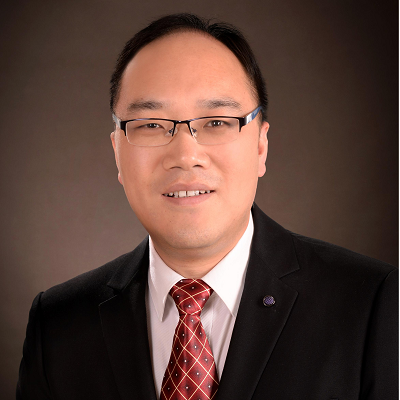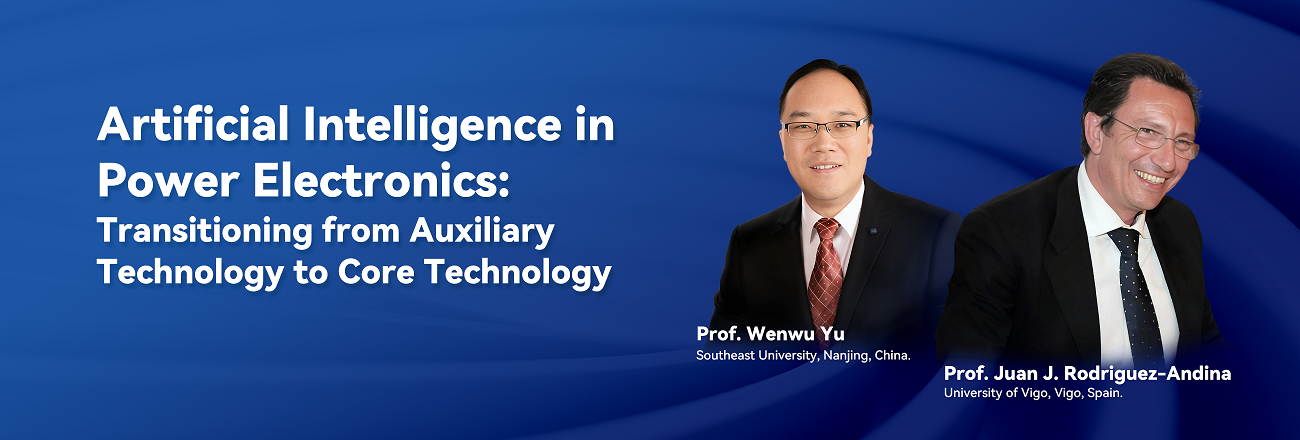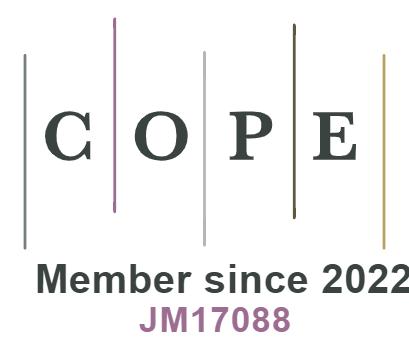Contents
Chair

Prof. Wenwu Yu
Editor-in-Chief of Complex Engineering Systems
School of Mathematics, Southeast University, Nanjing, Jiangsu, China.
School of Mathematics, Southeast University, Nanjing, Jiangsu, China.
Speaker

Prof. Juan J. Rodriguez-Andina
Department of Electronic Technology, University of Vigo, Vigo, Spain.
Prof. Juan Jose Rodriguez-Andina (Fellow, IEEE) received the M.Sc. degree from the Technical Universitny of Madrid, Spain, in 1990, and the Ph.D. degree from University of Vigo, Spain, in 1996, both in electrical engineering. He is a professor with the Department of Electronic Technology, University of Vigo and also with the Research Institute of Interdisciplinary Intelligent Science, Ningbo University of Technology. In 2010-2011 he was on sabbatical leave as a Visiting Professor at the ADAC Laboratory, North Carolina State University, Raleigh. His current research interests include the implementation of complex control and processing algorithms and intelligent sensors in embedded platforms. Prof. Rodríguez-Andina has authored over 200 journal and conference articles, and holds several Spanish, European, and US patents. He is co-author of the articles that received the 2023 IEEE Transactions on Industrial Electronics Outstanding Paper Award and the 2017 IEEE Industrial Electronics Magazine Best Paper Award. He received the 2020 Anthony Hornfeck Award from the IEEE Industrial Electronics Society (IES). He is the 2024-2025 IES President-Elect. From 2016 to 2021 he was IES Vice President for Conference Activities. He served as Editor-in-Chief of the IEEE Industrial Electronics Magazine (2013-2015) and as Associate Editor of the IEEE Transactions on Industrial Electronics (2008-2018) and IEEE Transactions on Industrial Informatics (2011-2022). He is currently serving as Co-Editor-in-Chief of the IEEE Transactions on Industrial Electronics and as Associate Editor of the IEEE Open Journal of the Industrial Electronics Society.
Abstract
From a wide historical perspective, Artificial Intelligence (Al) has been applied in Power Electronics (PE) for decades. For many years, though, it has been confined to specific tasks within the life cycle of PE systems, be it for accelerating some design tasks, optimizing control performance, or ensuring safe operation and fault tolerance, among others. In most cases, it was an auxiliary tool to complement expert PE engineers. However, in today's world, complexity of PE systems is dramatically growing, their requirements are increasingly demanding and often conflicting, reducing time to market is a must for companies to survive, and, last but not least, there is a shortage of talented electrical engineers in general, and PE engineers in particular, as other professional careers are more attractive for younger generations. In this context, Al is emerging as a powerful solution for the whole PE design cycle, from system- to converter-to PCB- and component-level. This is being made efficiently feasible thanks to the recent and continuous advancements in physicsinformed and generative Al. After an introduction addressing these issues, this talk will describe practical cases of Al applications in PE, from classical solutions to new paradigms aiming at autonomous and ethical Al-based PE design.








